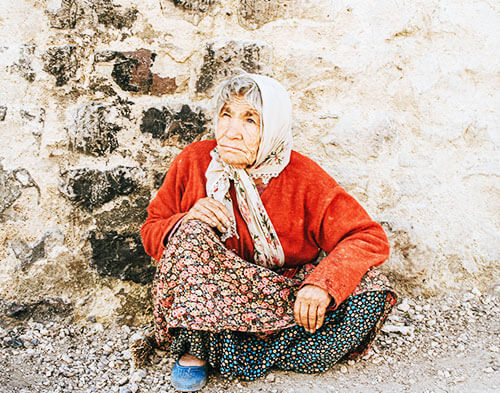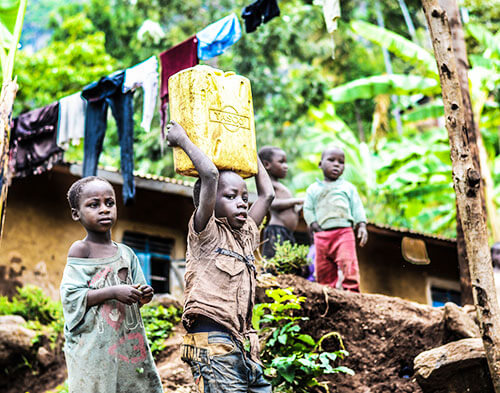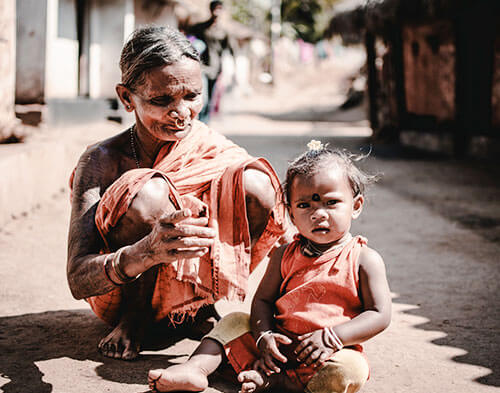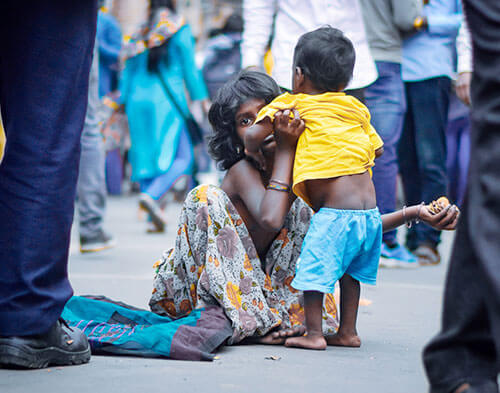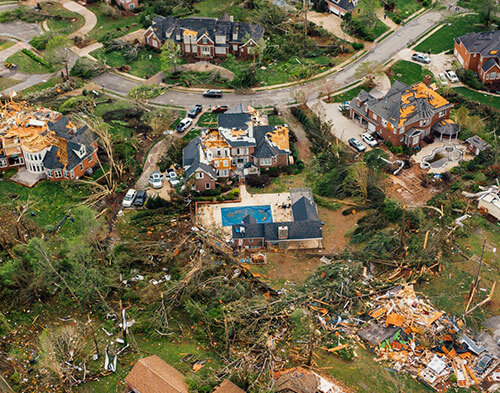Widows Care
Widows in remote areas often face unique challenges and forms of suffering due to a combination of social,
economic, and cultural factors.
In remote areas, widows experience social isolation due to limited access to support networks and community
services. They lack the social connections and emotional support that can help alleviate their grief and
provide a sense of belonging
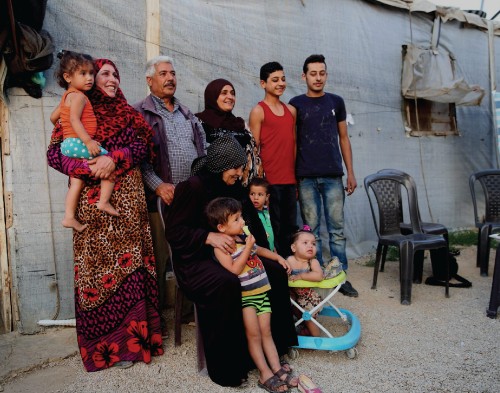
Emotional Trauma
The loss of parents can lead to profound emotional trauma, and a sense of abandonment. The emotional impact can be long-lasting and may affect their mental well-being.
Instability and Uncertainty
Orphans face uncertainty in their lives. They may be uprooted from their home, causing disruptions in their education and lives. Uncertainty about their future can create anxiety and stress.
Loss Of Identity And Belonging
Orphans may feel disconnected from their family history, cultural heritage, and roots. This loss can have a profound impact on their self-esteem and overall sense of self.
Financial Hardship
Orphans frequently face financial challenges. The loss of parental income can leave them without basic necessities such as food, shelter, healthcare and education.
Limited Support System
Orphans often lack the support systems families provide, this lack of support can make it difficult for them to navigate life's challenges and reach their full potential.
Limited Support System
rphans may face social stigma and may be treated differently by their peers or even extended family members. This can lead to feelings of isolation, marginalization, and a sense of not belonging.
Global Providers Our World Wide Partner






